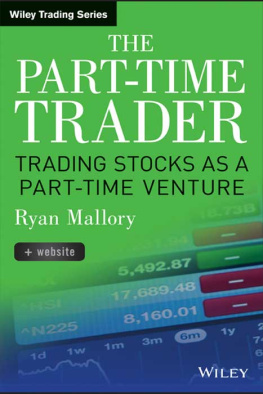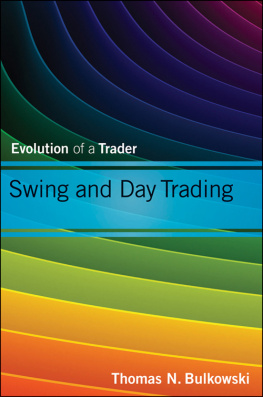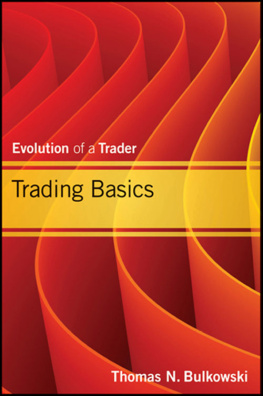Publishing details
HARRIMAN HOUSE LTD
3A Penns Road
Petersfield
Hampshire
GU32 2EW
GREAT BRITAIN
Tel: +44 (0)1730 233870
Fax: +44 (0)1730 233880
Email: enquiries@harriman-house.com
Website: www.harriman-house.com
First published in Great Britain in 2005
Reprinted 2007 and in 2010
Copyright Harriman House Ltd
The right of Dominic Connolly to be identified as author has been asserted
in accordance with the Copyright, Design and Patents Act 1988.
ISBN 978-0-85719-087-1
British Library Cataloguing in Publication Data
A CIP catalogue record for this book can be obtained from the British Library.
All rights reserved; no part of this publication may be reproduced, stored in a retrieval system, or transmitted in any form or by any means, electronic, mechanical, photocopying, recording, or otherwise without the prior written permission of the Publisher. This book may not be lent, resold, hired out or otherwise disposed of by way of trade in any form of binding or cover other than that in which it is published without the prior written consent of the Publisher.
No responsibility for loss occasioned to any person or corporate body acting or refraining to act as a result of reading material in this book can be accepted by the Publisher, by the Author, or by the employer of the Author.
About the author
During his career in the City, Dominic Connolly has worked for some of the most prestigious trading institutions in London. In 1990, he joined the index arbitrage, derivatives and program trading desk at Smith New Court, Londons top market-maker, which pioneered the application of the equity contract for difference (CFD) product in the UK. He joined Bankers Trust in 1993, one of the powerhouses of the equity derivatives revolution, where he established the European equity arbitrage desk. In 1999, he joined GNI and was instrumental in establishing them as one of the premier providers of equity CFDs to both institutional and retail users.
During the period 1999 to 2003, the authors trading account returned a net return after all costs of over 1200%, predominantly through utilising CFDs to trade the UK market both long and short with leverage.
The author is currently director and head of CFDs at ING, the Dutch bank, insurer and financial services provider and remains an active investor.
Acknowledgements
This book would not have been possible without contributions from the following, all experts in their own individual field: Dr. Sally Bennett, Jonathan Cantouris, Robin Cave, Heather Connolly, Heath Dacre, Piers Dibben, Sam di Francesco, Eddie, Mark Freeman, Steve Gladstone, Algernon Hall, James Hoare, Ian Holden, Ed Laver, Lawrence Lever, James Lewis, Angus McCrone, Peter Minihan, Tim Nutter, Lee Oliver, Peter Osler, Nicola Paine, James Quinn, RAW, Paul Scott, Patrick Sherwen, Nick Slater, Simon Smudger Smith, Nick Wardle, Leonard White, Andy Yates, and Stephen Eckett, whose idea the book originally was.
Screenshots reproduced with the permission of Bloomberg L.P.
Preface
What the book covers
The UK Traders Bible aims to be an invaluable resource for all traders of the UK stock market. The book explains in detail:
- exactly how the various London Stock Exchange trading platforms operate;
- how to choose the best platform for a specific style of trading;
- who the major players are in the market;
- secrets from the dealing room;
- which are the best trading instruments to use;
- how to interpret Level 2 screens;
- how to interpret reported trades information;
- what traders should be doing at specific times throughout the trading day;
- how to interpret regulatory news announcements;
- the secrets behind market neutral, and arbitrage strategies;
- a definitive account of takeover procedures and regulations; plus
- many other trading opportunities including auction imbalances, seasonal effects, stock buybacks,
- dividend payments, directors dealings, brokers upgrades and downgrades and many more.
Who the book is for
The book has been written for UK stock traders of all levels. Having said that, the book does assume some basic knowledge of how markets work, and so some parts may not be immediately accessible to absolute beginners.
How the book is structured
The book is comprised of two main sections:
- 1. How The UK Stock Market Works. This explains how the major trading platforms in the UK operate. This covers: SEAQ, SETS, SETSmm and SEATS Plus. The book stresses the importance of understanding how stocks trade, and why certain traders need direct market access. The section then goes on to explain how traders can use contracts for difference, spread betting and other instruments. Finally, there is an explanation of portfolio (basket) trading, and how this can affect the market.
- 2. Trading Notes & Strategies. This starts with a detailed description of the trading day: what happens, and when. This is followed by an explanation of trading on margin. The rest of the section goes through the many market opportunities for an active trader, and describes how they can be exploited.
Supporting website
The website supporting this book can be found at:
www.harriman-house.com/tradersbible
Introduction
My introduction to the financial markets came about almost by chance. Although I graduated in Electronic Engineering in 1988, my first job was as a systems analyst at the London Stock Exchange a decision influenced mainly by the fact that the London Stock Exchange paid a salary of 500 more than the going rate for graduates. In 1990, I responded to an advert in the Financial Times for trainee dealers at Smith New Court, the premier market maker later taken over by Merrill Lynch. I was offered an opportunity to work on the index arbitrage and derivatives desk with Gerald Freedman widely acknowledged as the pioneer of equity CFDs in the UK.
From the moment I walked into Smiths dealing room for the first time, and experienced the rush of the stock market, I was hooked. Three years later, an opportunity arose to establish a European equity arbitrage desk at the derivatives powerhouse Bankers Trust. After that, in 1999, I joined GNI, an exchange-traded derivatives broker, which became one of Londons foremost CFD providers.
My experience at a UK market maker, as a proprietary trader, and more recently at GNI, enabled me to learn at first hand how the market really works. I witnessed some incredible success stories trading accounts that were opened with just a few thousand pounds and then turned into seven figure sums and also the slow decimation of many novice traders.
I saw that the consistent winners were ex-market traders, especially those who were able to combine trading discipline with knowledge of the trading characteristics of certain stocks. A good fundamental knowledge didnt seem terribly important to trading profitability. The other successful individuals were those who brought a competitive advantage to the market. Almost without exception they would restrict their trading to a certain sector, or group of stocks that they understood. Often they had a professional background relevant to the stocks they were trading.
Those who lost money seemed to have no clear strategy and no clear competitive advantage. They approached the market as though it owed them a living. Demise was sometimes gradual through a steady erosion of capital and conversion of equity into commission or sudden, through an irrecoverable loss sustained from too large a leveraged position or poor trading discipline. There is a certain truth to the oft cited mantra at training courses that novice traders overwhelmingly lose their capital while learning their apprenticeship. Market professionals meanwhile have usually already served their apprenticeship risking an investments banks capital rather than their own.

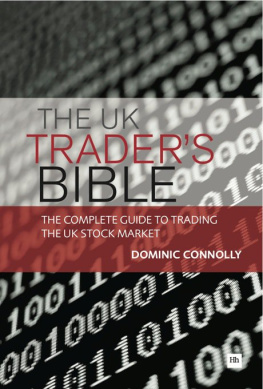

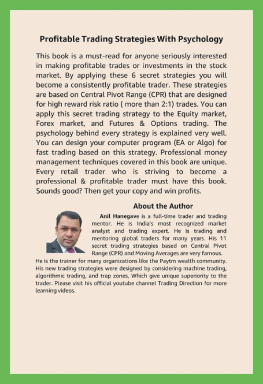

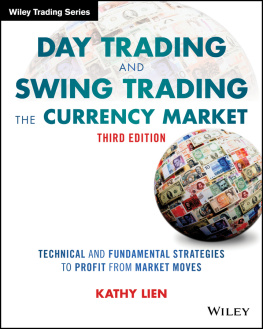
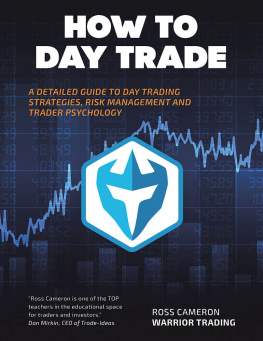
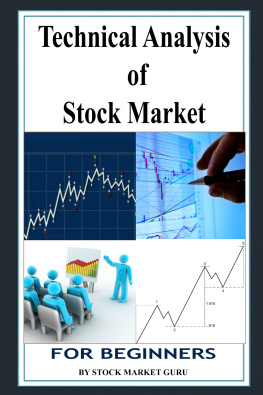
![Ryan Mallory [Ryan Mallory] - The Part-Time Trader: Trading Stock as a Part-Time Venture, + Website](/uploads/posts/book/124134/thumbs/ryan-mallory-ryan-mallory-the-part-time-trader.jpg)
